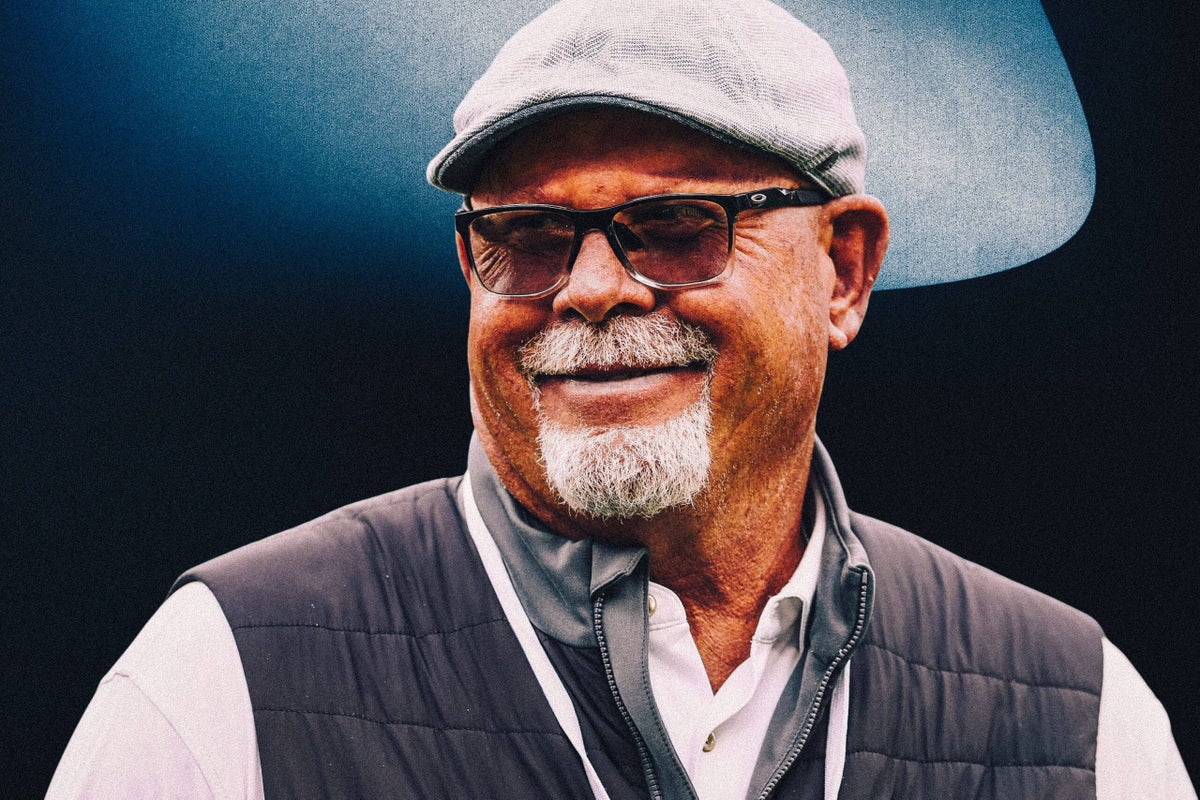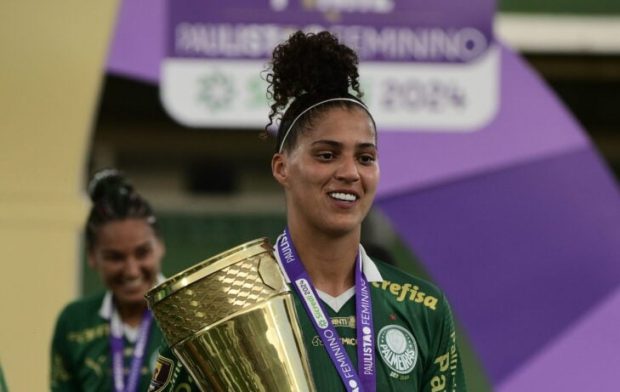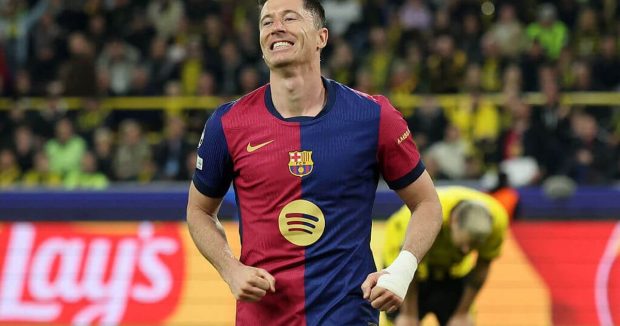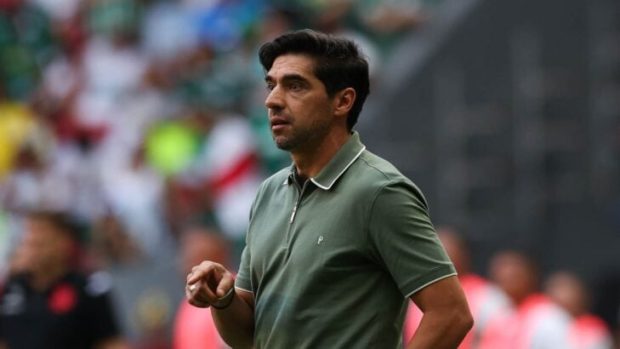

Editor’s Note: This story is a part of Peak, The Athletic’s new desk covering leadership, personal development and success through the lens of sports. Peak aims to connect readers to ideas they can implement in their own personal and professional lives. Follow Peak here.
I remember the exact moment I knew Andrew Luck had the makeup to be successful.
Advertisement
I’m not talking about talent. Everyone knew he had the talent. I’m talking about makeup — the mental side of the game that you can’t measure on film or at the combine.
I was the offensive coordinator for the Indianapolis Colts at the time. I flew up to Stanford to work Andrew out ahead of the draft. Andrew was the best player in the draft, but I wanted to see what he was made of, so we put in some plays, ran them out on the field, then came back to a meeting room to talk.
I said to him: “OK, put 62 Y Choice up on the board” — it was a play we had just put in earlier that day.
Andrew started diagramming the play and breaking it down. Then I cut him off: “That’s not what I said.”
Andrew didn’t hesitate a beat, man. He fired right back: “That’s exactly what you said.” And it was; he was right. I chuckled and said, “OK, man, you got me. I’m trying to check you out.”
I just wanted to test him, to see if he had the fortitude to know he was right and stick up for himself. He put a fork in that real quick.
I knew then that when tough times came — and they always do for young quarterbacks — he could handle it. It wouldn’t crumble him. And after all my years in the NFL, I think that’s the No. 1 indicator of whether players in general and quarterbacks in particular will succeed or fail: how they handle failure.
Andrew’s rookie year was chaotic. Chuck Pagano was the head coach, but he left the team in October to fight leukemia. I became the interim head coach.
Later in the season, we played the Detroit Lions. In the fourth quarter, we were down and Andrew threw his third pick of the game. When he came off the field, he went right over to the defense.
“Hey, if you stop them, we’re going to score,” he said.
The defense got a stop and Andrew threw a 42-yard touchdown pass to cut Detroit’s lead to five. When he came off the field after that touchdown, he went back to the defense: “If you stop them again, we’ll win this game.”
Advertisement
The defense stopped them, he threw a touchdown on the last play of the game and we won.
Andrew didn’t let failure get him down. He didn’t dwell on it; he didn’t waver. He just let it piss him off enough to go: Hey, we’re going to win this game.
When I was the head coach of the Tampa Bay Buccaneers and Arizona Cardinals, I put guys in extremely, extremely tough situations during practice and hoped they would fail. I’d give one of my quarterbacks the ball with 35 seconds left, no timeouts and they needed to drive down the field for a touchdown to win. It was almost impossible, but I just wanted to see how they would handle failing. Were they going to let it get them down? Were they going to let it affect their work the next day?
Here’s the thing about failure, though: I think you can learn how to handle it. You can train yourself to deal with it the right way, in football and in life.
For me, it was always about finding out the why. Why was I not successful? Instead of focusing on the failure itself, focus on the reasons behind it. Was it a lack of preparation, or did I overprepare? Was it technique? Was it execution?
And then, once we figure out the why, let’s go work on it.
Years before I coached Andrew, I coached another talented young rookie quarterback named Peyton Manning. He had all the ability, but he also had the same quality Andrew had: He didn’t let failure derail him.
During the second game of his rookie season, we played at New England. Peyton had thrown three interceptions in his first start. He threw three more picks against the Patriots.
We were getting smoked 29-0. But I told him: “Stay in there. We’re going to run the two-minute offense. Let’s learn something.”
Sure enough, late in the game, he drove us down the field and scored a touchdown. We still lost, of course, but he hung in there. He learned.
Advertisement
My point is: You never, ever saw him down on himself. It was always: “How am I going to get better? Let’s get better. Let’s work, work, work.”
That was his mentality. And that’s the mentality anyone needs to successfully deal with failure.
— As told to Jayson Jenks
(Illustration: Eamonn Dalton / The Athletic; Mike Ehrmann / Getty Images)
This news was originally published on this post .










Be the first to leave a comment